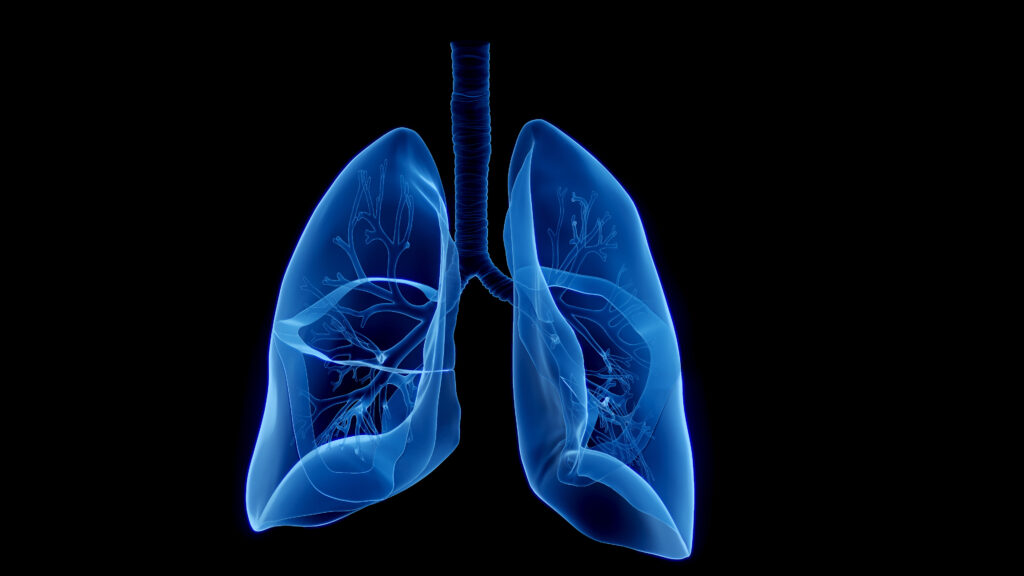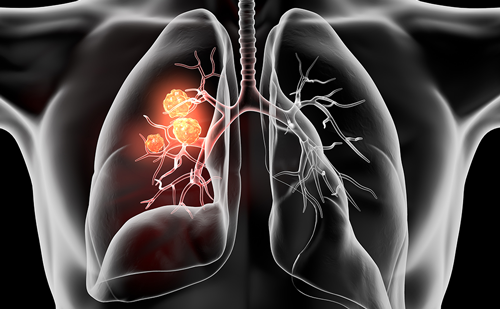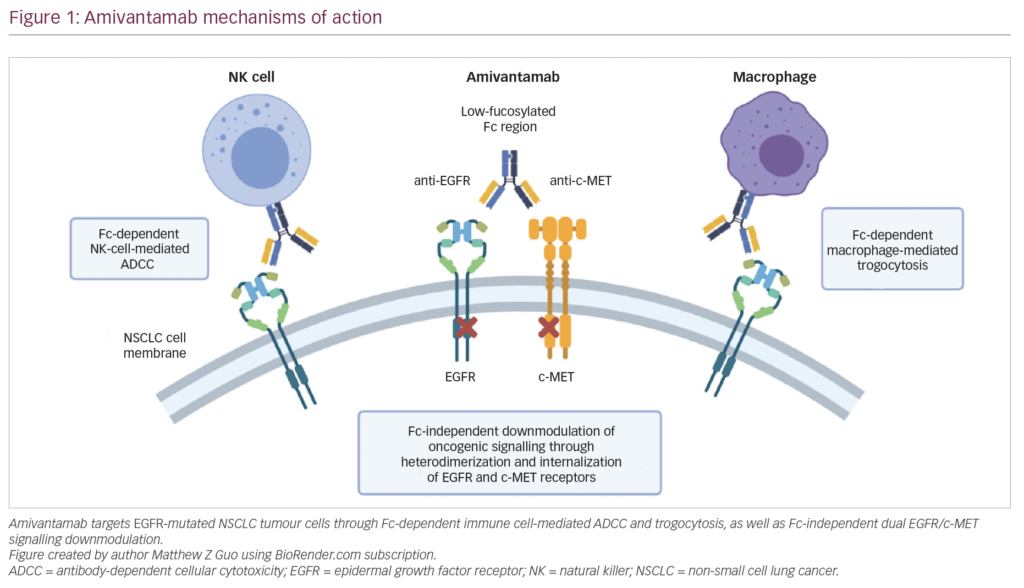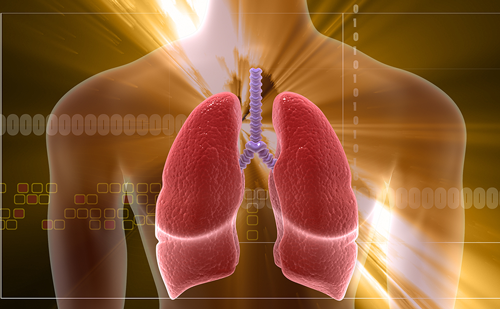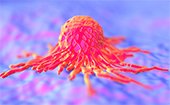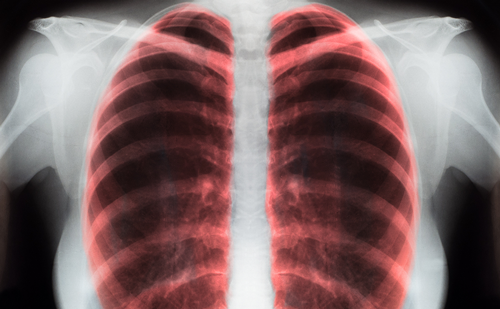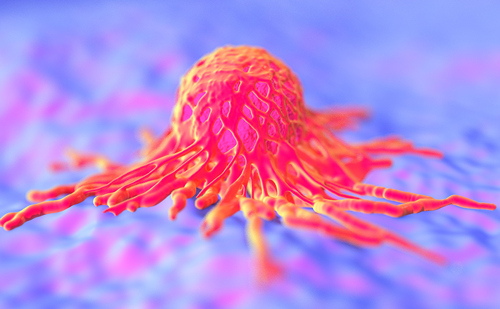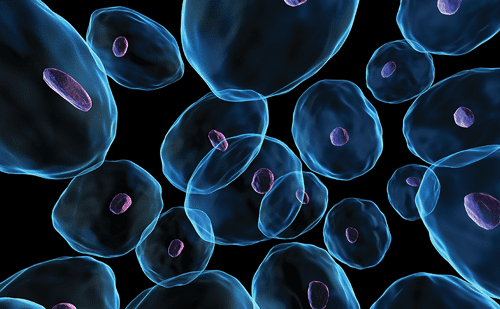Welcome to the latest issue of touchREVIEWS in Oncology & Haematology. We are honoured to present a series of compelling articles that reflect cutting-edge developments and diverse perspectives in this ever-evolving field. This issue includes a series of editorials and reviews from esteemed experts who provide insights into novel therapies and their potential to change clinical practices in oncology and haematology.
We begin with an editorial by Richard Kim, exploring the long-term effects of dual immunotherapy with tremelimumab and durvalumab in treating advanced hepatocellular cancer. Following this, Pilar Garrido offers an analysis of innovative treatments for EGFR-mutated non-small cell lung cancer, particularly focusing on the combination of amivantamab-vmjw
with chemotherapy.
We then have a review from Chelsea Stewart and Dana Chase summarizing research that has led to the practice-changing approval of dostarlimab in conjunction with standard-of-care chemotherapy in the front-line setting for mismatch repair–deficient endometrial cancer populations, where current treatments remain limited.
Valerie Crolley provides a substantial review covering the history and status of futibatinib, a second-generation FGFR inhibitor, in the treatment of metastatic intrahepatic cholangiocarcinoma (iCCA) with FGFR2 fusions and other rearrangements.
Next, Tiago Biachi de Castria, Ruoyu Miao and Richard Kim provide a review of fruquintinib (HMPL-013), a tyrosine kinase inhibitor that primarily targets vascular endothelial growth factor receptor. The review discusses the trajectory of the treatment and looks to the future for possible approaches to be explored.
Florence Pasquier and Stéphane De Botton provide a comprehensive review article focusing on the mechanisms of IDH1 mutations in AML, the inhibition of mutations by olutasidenib and the clinical efficacy and safety of olutasidenib in relapsed or refractory AML.
Ruben J Cruz-Chamorro et al. provide a review assessing the treatment options available for advanced Merkel cell carcinoma, emphasizing the latest developments in immunotherapy which have risen as a highly effective approach within the treatment landscape. They also highlight potential combinations with historical local therapies.
Finally, we wrap up the issue with a review of clinical trial findings of trastuzumab deruxtecan in the treatment of advanced recurrent breast cancer with low HER2 expression regardless of hormone-receptor status, with results showing the potential to improve treatment outcomes for more than half of patients considered as having HER2-negative breast cancer.
Collectively, these articles showcase the breadth of oncology and haematology research and are designed to support ongoing education and foster innovation. The editors of touchREVIEWS in Oncology & Haematology would like to thank everyone who contributed to the insightful and informative articles included in this edition. We are also grateful to all society partners for their on-going support and to our Editorial Board for their continued involvement and advice.
Axel Merseburger
Axel Merseburger is Professor of Urology and Chairman of the Department of Urology at University Hospital Schleswig Holstein, Campus Lübeck, Germany. After graduating from Hannover Medical School in 2002, he completed a surgery and urology residency at the Eberhard Karls University, in Tübingen, followed by a research fellowship at the Miller School of Medicine, Miami, USA (2006). He became an Associate Professor in 2009 and a full Professor in 2012 at Hannover Medical School. In 2015 he was promoted to become chairman of the Department of Urology at the University of Lübeck. He is trained in all aspects of open and endoscopic urology and has a particular interest in laparoscopic and robotic-assisted surgery, particularly for the management of prostate, renal and bladder cancer. Professor Merseburger is a member of various uro-oncology organizations and is the Chairman-Elect for the European Scholarship Program (ESUP) of the European Association of Urology (EAU) and was the Chairman of the EAU Guideline Group for Lasers and Technologies. He acts as a reviewer and editorial board member for several urology and oncology-indexed journals. His research encompasses molecular and clinical aspects of uro-oncology, with a specific interest in biomarkers and prognostic factors for prostate cancer, renal cell carcinoma, and transitional cell carcinoma. He has authored and co-authored >300 peer-reviewed articles and he is the principal investigator in multiple phase II and III clinical trials within the field of urologic oncology.



